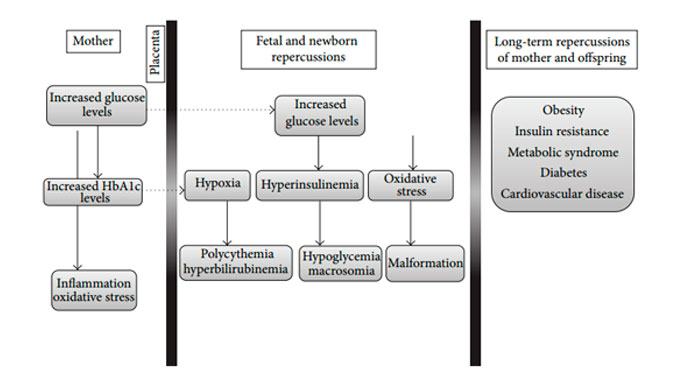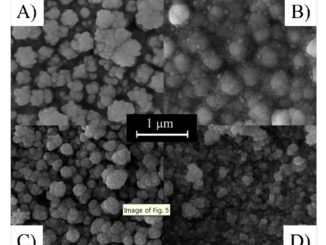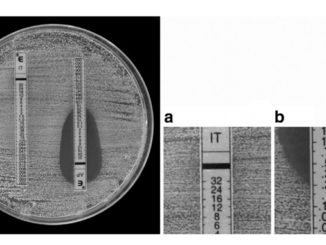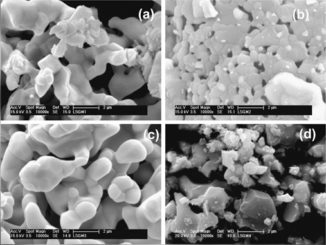
Writers: Jusciele B. Moreli, Janine H. Santos, Clarissa R. Rocha, Débora C. Damasceno, Glilciane Morceli, Marilza V. Rudge, Estela Bevilacqua, Iracema M. P. Calderon
Keywords: Cell; Hyperglycemic; Environment; diabetic complications
Abstract: The increased production of reactive oxygen species (ROS) plays a key role in pathogenesis of diabetic complications. ROS are generated by exogenous and endogenous factors such as during hyperglycemia. When ROS production exceeds the detoxification and scavenging capacity of the cell, oxidative stress ensues. Oxidative stress induces DNA damage and when DNA damage exceeds the cellular capacity to repair it, the accumulation of errors can overwhelm the cell resulting in cell death or fixation of genome mutations that can be transmitted to future cell generations. These mutations can lead to and/or play a role in cancer development. This review aims at (i) understanding the types and consequences of DNA damage during hyperglycemic pregnancy; (ii) identifying the biological role of DNA repair during pregnancy, and (iii) proposing clinical interventions to maintain genome integrity. While hyperglycemia can damage the maternal genetic material, the impact of hyperglycemia on fetal cells is still unclear. DNA repair mechanisms may be important to prevent the deleterious effects of hyperglycemia both in mother and in fetus DNA and, as such, prevent the development of diseases in adulthood. Hence, in clinical practice, maternal glycemic control may represent an important point of intervention to prevent the deleterious effects of maternal hyperglycemia to DNA.




